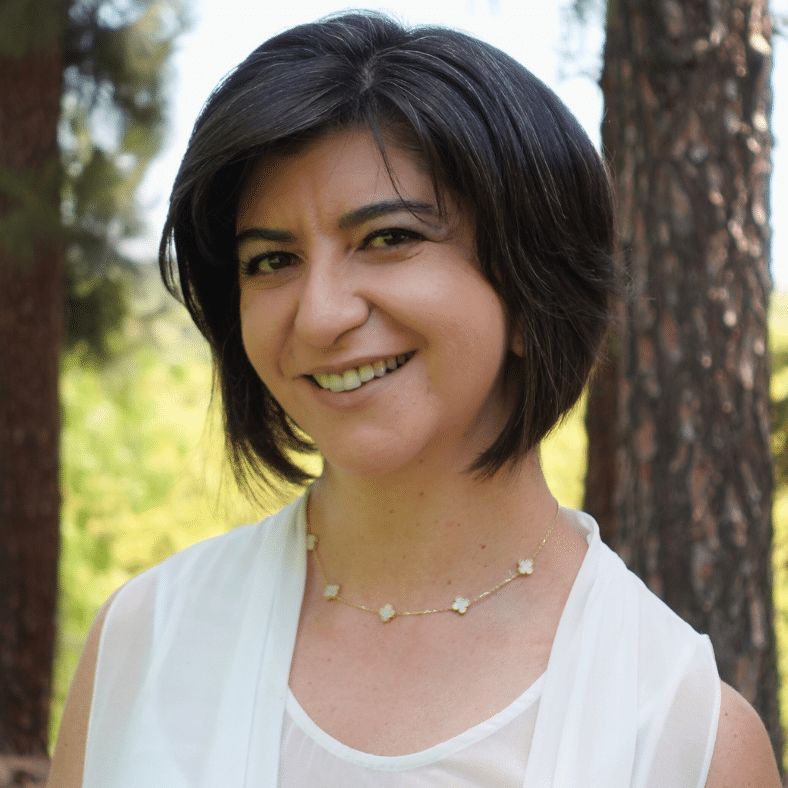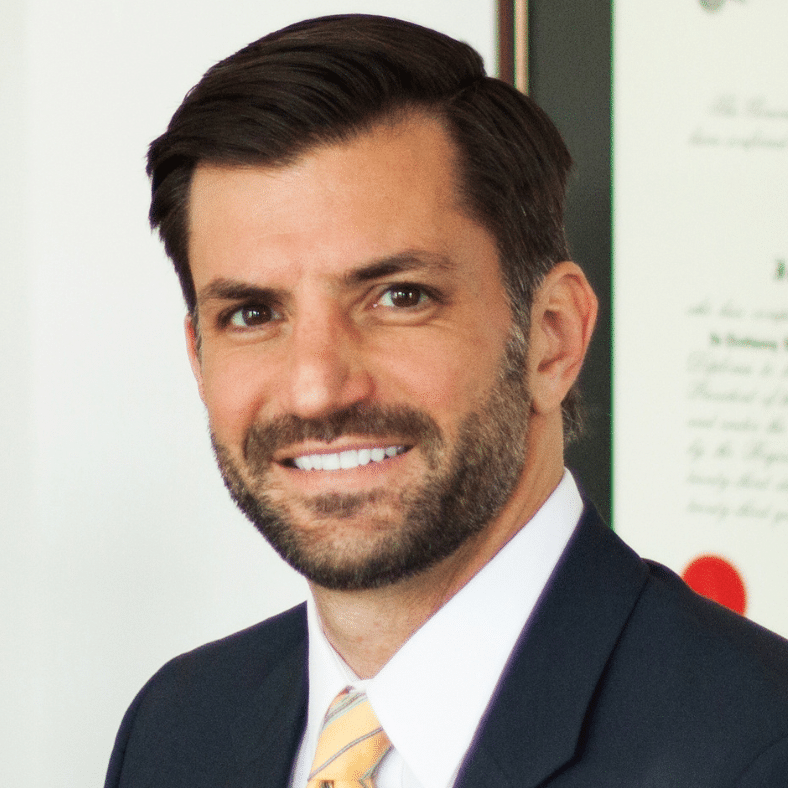Antidepressant Depression Medications
- Los Angeles Mental Health Treatment
- Medications for Mental Illness
- Antidepressant Depression Medications
Antidepressant depression medications can be a pivotal tool in helping our clients find relief from depression symptoms.
Call Us Now
Depression is one of the most common mental health conditions in the world—but it’s also one of the most treatable. For many people, relief begins with therapy, lifestyle changes, and a supportive environment. But for others, antidepressants provide the additional support needed to restore emotional balance and get life back on track.
Whether you’re considering medication for the first time or have been on antidepressants before, understanding how they work, what to expect, and what options are available can help you make empowered decisions about your mental health.
If you or a loved one are struggling, learn more about mental health medications. If you’re looking for help, verify your insurance or call us at 888-862-1788.
What Are Antidepressants?
Antidepressants are medications that help reduce the symptoms of depression by altering the brain’s chemistry, specifically, the levels of neurotransmitters like serotonin, norepinephrine, and dopamine. These brain chemicals influence mood, motivation, sleep, and overall emotional regulation.
Antidepressant depression medications do not create a euphoric high or change your personality. Instead, they work gradually to reduce symptoms such as persistent sadness, fatigue, hopelessness, low motivation, and difficulty concentrating. The goal is not to escape emotion, but to restore emotional balance so you can engage more fully in your relationships, responsibilities, and therapeutic work.
At The Meadowglade, we believe medication should never be the only tool in a treatment plan. When used thoughtfully and in combination with therapies like CBT, DBT, EMDR, and holistic support, antidepressants can be part of a deeply healing and transformative process.
Types of Antidepressants
There are several different classes of antidepressant depression medications, each with its own mechanisms and potential side effects. The type that works best for you will depend on your unique biology, health history, and the specific symptoms you’re experiencing.
Selective Serotonin Reuptake Inhibitors (SSRIs)
SSRIs are the most commonly prescribed class of antidepressants. They work by increasing serotonin levels in the brain and tend to have fewer side effects than older medications. Because of their efficacy, they are often the first-line treatment for mild to moderate depression and mood disorders.
Examples include:
- Fluoxetine (Prozac)
- Sertraline (Zoloft)
- Escitalopram (Lexapro)
- Citalopram (Celexa)
Serotonin-Norepinephrine Reuptake Inhibitors (SNRIs)
SNRIs affect both serotonin and norepinephrine, which can improve mood and energy levels. They are sometimes preferred for individuals who experience both emotional and physical symptoms of depression.
Common SNRIs include:
- Venlafaxine (Effexor XR)
- Duloxetine (Cymbalta)
- Tricyclic Antidepressants (TCAs)
TCAs are older medications that are sometimes prescribed when other antidepressants haven’t worked. They’re effective but often come with more side effects.
Examples include:
- Amitriptyline
- Nortriptyline (Pamelor)
- Monoamine Oxidase Inhibitors (MAOIs)
MAOIs are typically reserved for treatment-resistant depression due to their interaction with certain foods and other medications.
Common MAOIs include:
- Phenelzine (Nardil)
- Tranylcypromine (Parnate)
- Atypical Antidepressants
These medications don’t fit neatly into other categories but are still widely used. One common atypical antidepressant is Bupropion (Wellbutrin), which targets dopamine and norepinephrine and is less likely to cause sexual side effects.
What Is the Most Commonly Prescribed Antidepressant?
Sertraline (Zoloft) is one of the most commonly prescribed antidepressant depression medications in the U.S. It’s part of the SSRI class and is used to treat major depressive disorder, anxiety disorders, PTSD, and OCD. Zoloft is often preferred due to its balance of efficacy and tolerability—it works well for a broad range of people with relatively few side effects.
Other frequently prescribed options include fluoxetine (Prozac) and escitalopram (Lexapro), both of which are also SSRIs with proven track records for safety and effectiveness.
It’s important to remember that what’s most commonly prescribed is not always what’s best for you. At The Meadowglade, medication is personalized, not prescribed as a default. We consider the whole person, not just the diagnosis.
Potential Side Effects of Antidepressants
Like all medications, antidepressant depression medications come with potential side effects. Most side effects are mild and tend to resolve after a few weeks, but for some individuals, they can be more persistent.
Common side effects include:
- Nausea or upset stomach
- Headache
- Sleep disturbances (insomnia or drowsiness)
- Weight changes
- Sexual dysfunction
- Increased anxiety at the start of treatment
In rare cases, some individuals may experience suicidal thoughts, particularly when starting a new medication. This is why close monitoring by a mental health professional is so important, especially in the early stages of treatment.
At The Meadowglade, our medication management team works collaboratively with clients, adjusting doses or changing prescriptions as needed to ensure safety, comfort, and effectiveness.
Other Treatment Options for Depression
Medication is not the only path to healing, and it’s not the right choice for everyone. At The Meadowglade, we take a holistic approach to depression treatment, combining therapy, lifestyle interventions, and integrative wellness practices to support the whole person. Many of our clients use a blend of therapy and antidepressant depression medications to achieve long-term stability, growth, and self-understanding.
Alternative or complementary treatments include:
- Cognitive Behavioral Therapy (CBT): Helps challenge and reframe negative thought patterns.
- Dialectical Behavioral Therapy (DBT): Teaches emotion regulation and distress tolerance.
- EMDR Therapy: Processes trauma that may underlie or intensify depressive symptoms.
- Holistic Therapies: Includes breathwork, equine therapy, nutrition counseling, and stress reduction techniques.
- Supportive Housing & Community: A safe, structured space that fosters connection and accountability.
Begin Your Journey Toward Balance
You don’t have to live under the weight of depression. If you’re feeling stuck, overwhelmed, or unsure where to turn, The Meadowglade offers a path forward—one rooted in compassion, clinical expertise, and whole-person healing. Whether you’re exploring antidepressant depression medications for the first time or seeking a more integrative treatment plan, we’re here to walk beside you every step of the way.
Reach out today for a confidential consultation. Relief is possible—and it starts here.
More on Medications
Antidepressant FAQs
Q: How Do You Know If Your Antidepressant Dose Is Too Low?
A: If you’ve been on medication for several weeks and aren’t noticing any improvement—or your symptoms have worsened—it could be a sign that your dose needs to be adjusted. Read more in our full article: Signs Your Antidepressant Dose Is Too Low
Q: How Long Does It Take Antidepressants To Work?
A: Most people begin to feel some relief within 2–4 weeks, though full effects may take 6–8 weeks. It’s important to continue taking the medication as prescribed, even if you don’t feel better right away. Your brain chemistry is adjusting gradually, and consistency is key.
Q: How Long Do I Have To Take Antidepressants For?
A: This varies widely depending on the individual. Some people stay on medication for 6–12 months, while others may require longer-term use. The decision to start or stop antidepressants should always be made in collaboration with your provider and based on symptom stability, life stressors, and overall well-being.
Our Mental Health Specialists
At The Meadowglade, our team of compassionate and experienced mental health professionals is dedicated to providing comprehensive mental health treatment in Los Angeles. Our multidisciplinary team works collaboratively to offer personalized care tailored to each individual’s needs.

Narine Babikian, MHA

Joseph Gulino, MD

Yj Kim, MD
Take A Free Self-Quiz

Yj Kim, MD
Psychiatrist

Haroon Burhanullah, MD
Psychiatrist

Narine Babikian, MHA
Executive Director

Joseph Gulino, MD
Psychiatrist
Table of Contents
We Help Clients Make Their Lives Better
Real Stories of Healing and Recovery at The Meadowglade
Posted onTrustindex verifies that the original source of the review is Google. Hello my safe place I’m levy Have so much to say about this place 🥰🔥🔥 But I want to share my experience with in Meadowglade after i finished the program and went back to the world Lots of places can give you a good safe space for your mental health But they specialize about making sure your mental health is better and all SET UP healthy when you are BACK in the world I give this place 💯 with everything But one thing I want to give my opinion on is If you do the work and be a healthy human It’s a must to SURRENDER and be ready to do the work because they will not let you go till your 💯 I want to thank with all my heart to all staff How they respected our religion and made sure I’m 💯 and feel like home Go and find out for yourself ❤️Posted onTrustindex verifies that the original source of the review is Google. The Meadowglade is precisely what I needed! If you’re not ready to fully engage in this process, you are wasting your time and money. I made a conscious decision to change, and while it didn’t work flawlessly every single day, I tackled the plateaus that made me question the process. Trusting the system became non-negotiable. I’ve spent a lifetime making poor choices, and I refuse to continue that pattern! If you're serious about achieving results, it begins with your commitment to yourself. Leave your ego at the door, dismantle the defenses you’ve built up, and do this for YOU, and nobody else! You must fully commit to this program and discard your baggage—now is the time to prioritize yourself!Posted onTrustindex verifies that the original source of the review is Google. Before coming here my depression and anxiety were all over the place. But they got it straightened out the first appointment. They really helped me thru a lot and helped me make some good changes in my life.Posted onTrustindex verifies that the original source of the review is Google. If you want assistance in overcoming an addiction, you should come to this location. It is highly recommended that you search them up so that you may also take advantage of the Meadowglade. The treatments offered by The Meadowglade were given the highest possible endorsement by her therapist.Posted onTrustindex verifies that the original source of the review is Google. New patients are welcomed with warmth by the staff, who go out of their way to ensure that they are comfortable and, more importantly, safe.Posted onTrustindex verifies that the original source of the review is Google. The staff at the Meadowglade made sure that I had the help I needed and was there for me whenever I needed them. When I came here for the first time, I had high hopes that everything would go off without a hitch.Posted onTrustindex verifies that the original source of the review is Google. After I described my situation to them, along with the steps that needed to be taken before I could start taking medication, they volunteered to help me. Fantastic physicians! Wonderful people who are also extraordinarily compassionate doctors.Posted onTrustindex verifies that the original source of the review is Google. While I knew I was not qualified to self-diagnose, I knew enough to know something was just not right. I have always been a social butterfly. Over the last couple of months I had no energy for the activities I usually find such pleasure in and no desire to see my friends. Coming to The Meadowglade has really helped me to get a handle on the inner issues that caused the change.Posted onTrustindex verifies that the original source of the review is Google. Interning here has been so beneficial to me. The care with which I am being mentored is such a clear indicator as to why the facility is so successful with its patients. I will take away so many skills for my future career. If I’m lucky enough, maybe that will be here.







